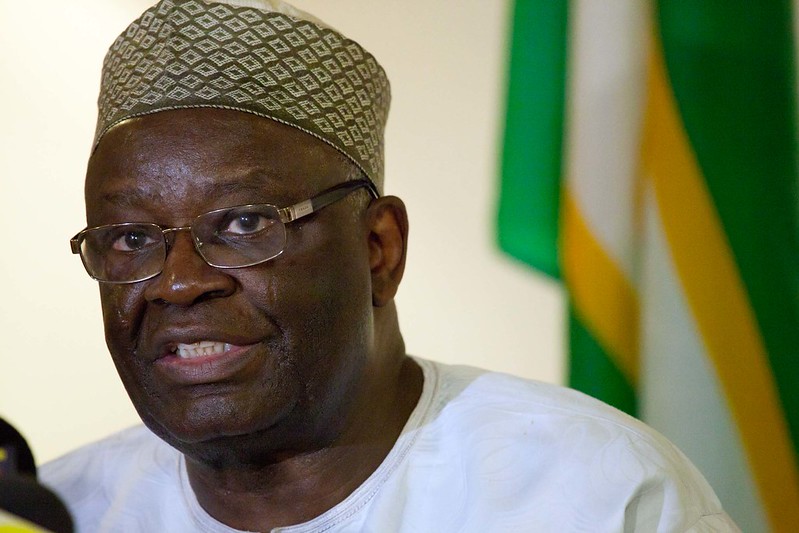Former Chief of Staff to the late President Muhammadu Buhari, Professor Ibrahim Gambari, has revealed how influential figures within the former president’s inner circle managed to sidestep him to deliver confidential memos directly to Buhari.
“They knew his vulnerable moments and exactly when to sneak in memos because they interacted with him informally,” Gambari disclosed during an interview on Channels Television’s Inside Sources aired Friday.
Gambari, a seasoned diplomat and former UN envoy, was appointed Chief of Staff in May 2020, shortly after the death of Abba Kyari. He remained in the role until the end of Buhari’s administration in May 2023.
“When I took office, the president publicly declared that all memos should pass through the Chief of Staff before reaching him,” he recalled. “Even the Vice President, to his credit, adhered to this. Many ministers did too. But some people still managed to bypass the process. They understood his soft spots and how to use — and he never really stopped them. Fortunately, many of those memos eventually found their way back to me.”
Gambari reflects on relationship with Buhari
Reflecting on his working relationship with Buhari, who passed away on July 13, 2025, Gambari described him as a kind and devoted leader who deeply cared about his appointees and the Nigerian people. That compassion, he said, often explained Buhari’s resistance to firing underperforming ministers despite mounting pressure.
“He was loyal to those he appointed,” Gambari said, adding that although some individuals around Buhari wielded considerable influence, “they knew the boundaries.”
Gambari also spoke on the long-debated topic of the “cabal” in Buhari’s presidency, admitting its existence while arguing that such groups are not unusual in governments.
“People say there was a cabal — and yes, there was,” he said. “But every administration has one. Some call it a kitchen cabinet, others a think tank. Obasanjo had his trusted circle, like the Aboyades. It’s a common feature of presidential leadership to have a few trusted individuals, both within and outside government, with whom one can speak freely.”
He emphasised that while some cabals exert more sway than others, “every government has a cabal, by one name or another.”
Gambari also recounted that even during Buhari’s first stint as military Head of State from 1984 to 1985, resentment had grown among fellow officers over the amount of advice he was taking from civilians, which may have contributed to his eventual ouster.
“I was a minister then, but not privy to all the reasons for his removal. However, I later learned that his fellow military leaders were uncomfortable with how much input he was receiving from outside the Supreme Military Council.”
Buhari, who was born on December 17, 1942, served as Nigeria’s military ruler in the 1980s before returning as an elected president in 2015. He stepped down in 2023 after completing two terms, handing over to his party’s candidate, Bola Tinubu.



